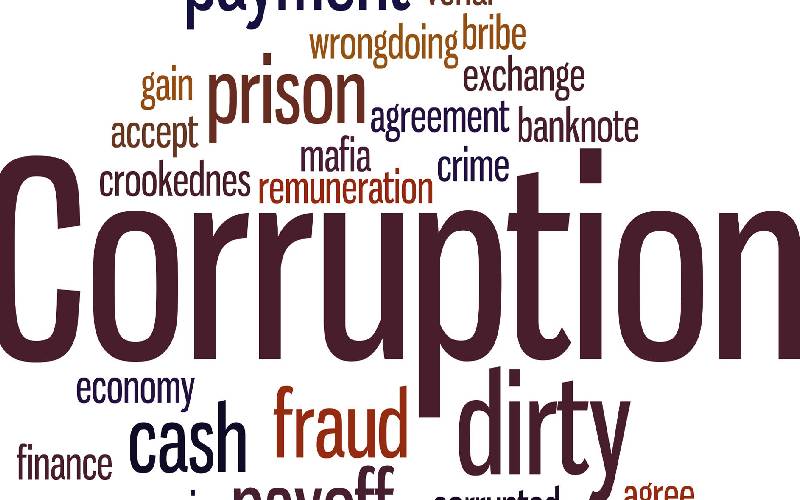×
The Standard e-Paper
Join Thousands Daily

That corruption is a culture in Kenya is not in doubt. But why is the culture thriving in spite of many initiatives, including the ones spearheaded by President Uhuru Kenyatta?